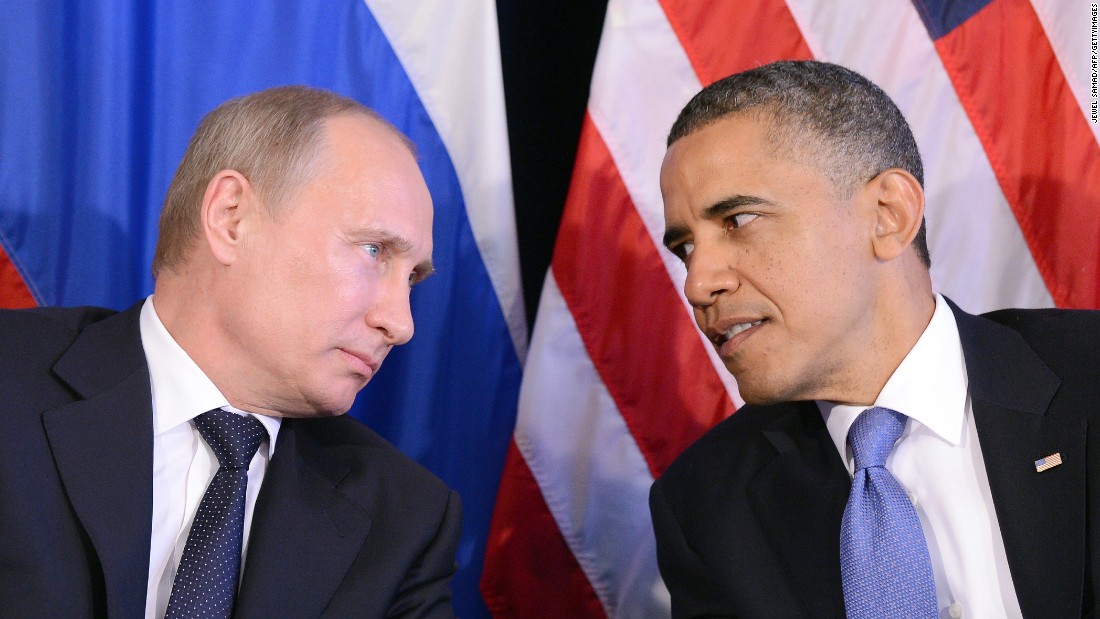Russian President Vladimir Putin could never be accused of tepidness or hesitance. His challenges to U.S. operations in the Middle East, specifically in Syria, as well as Russian Naval movement in the Atlantic Ocean, have high-level diplomats from the US and abroad feeling a level of distrust and tension not seen since the end of the Cold War.
The most tense situation is the stationing of Russian submarines and ships near vital communication lines that lie miles under the sea. Per The New York Times, 95% of daily communications in the United States and more than 10 trillion dollars per day in trade transactions move through the cables that Russia has stationed itself near. For this reason, the Department of Homeland Security puts the cables on their list of critical infrastructure. The cable currently at risk runs along the East Coast and near Cuba, close to where the Russian spy ship Yantar, with cable-cutting capable submarines, is stationed nearby. Although author and expert Michael Sechrist stated to the NYT that “cables get cut all the time – by anchors that are dragged, by natural disasters,” the cables that Russia is scoping out are particularly problematic due to their hard to reach locations and extreme depth. A cut cable could leave vital economic and government communications down for days. Although officials are not worried about an immediate threat, the concern is that if a serious conflict does arise, the Russian Navy would be able to immediately deal a huge strategic blow to the United States.
On the other side of the globe in Syria, the Proxy War being fought between NATO forces and Russia within the context of the Syrian Civil War is of equal concern. For some background, the Syrian Civil War began in 2011, with the anti-government Houthi rebels trying to overthrow President Bashar Al-Assad’s government. Additionally, the self-identified Islamic State controls large parts of Syria in its attempt to establish a modern caliphate in the region, which involves forcibly removing Assad from power. Finally, multiple Al-Qaeda affiliates including the Al-Nusra front are fighting against the Assad government, though not jointly with the Houthi rebels.
The United States backs the Houthi rebels with military training as well as food and medical supplies, although no direct weapons aid has been given. Meanwhile, the U.S. is also carrying out an intense bombing campaign against ISIL (The Islamic State), which is supposed to be aided by the Russians. However the so-called “Proxy War” has come about due to official Russian military intervention in Syria in support of Assad’s government, which is in direct contrast to U.S. goals in the region. Russian airstrikes have helped Assad recoup from years of struggling against the Houthi rebels, and it appears Assad may be able to hold on to power with Russian assistance. Aron Lund, a researcher at the Carnegie Endowment for International Peace, told VICE news that “Assad has more firepower, it’s put some steel into the back of his supporters.” In a shocking move, Assad left Syria for the first time since the Civil War began to visit Moscow and thank Vladimir Putin for his support. Putin has stated on multiple occasions that the end game should be a political solution to the Syrian Crisis, although he says this as Russian airstrikes pound targets in Syria. The Russian government has officially stated that the intent of the airstrikes is to help defeat the Islamic state. However, according to VICE News, ISIL has actually gained more territory since the Russian intervention began, seizing the “last major supply route to funnel pro-government troops to the front lines around Aleppo.”
As the fighting continues, tensions continue to rise. The upcoming months will be a fascinating view into President Barack Obama’s foreign policy strategy as he and the US government must decide how hard they wish to push back against Russia’s plunge into risky geopolitics.



